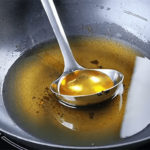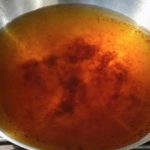Oil is an indispensable ingredient in daily meals for every family. It is often used for frying food, making dishes more appealing. Therefore, when there is leftover oil after frying, many housewives wonder how to dispose of it properly. Here are some tips on how to deal with used oil that you can apply immediately!
1. Dispose of used oil with plastic bottles or bags
You can dispose of the leftover oil after cooking by pouring it into plastic bags or bottles.
Note: Let the oil cool down before disposing of it!

Then, put the bag or bottle in the trash for the environmental sanitation team to collect and dispose of properly. Avoid pouring oil directly into the trash bin as it can leak and attract rodents.
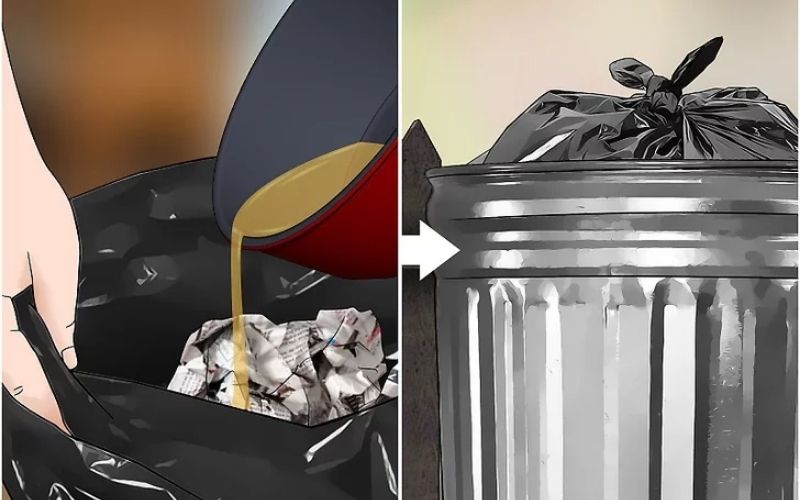
If possible, freeze the oil first until it solidifies, then put it in a plastic bottle before disposing of it in the trash.
2. Reuse used cooking oil
For oil that has been used once, if the quantity is small, you can dispose of it. However, if you have a large amount of used oil, you can reuse it up to two times. But remember to filter out any food residue from the oil before reusing it.
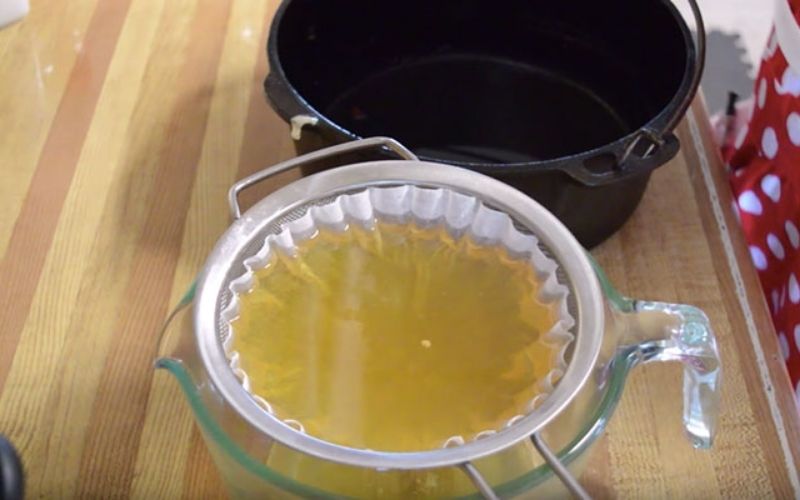
Oil that has been used twice should be discarded as reusing it multiple times can make the oil thicker, darker, and give it a burnt smell. These are signs that the oil has deteriorated, and using it further can increase the risk of cancer.
According to Doctor Nguyen Thi Minh Kieu:
“When oil is heated multiple times, its chemical composition changes. Some of the beneficial fatty acids are destroyed, and harmful substances are formed. These substances can disrupt digestion, causing headaches, dizziness, abdominal pain, diarrhea, and high blood pressure when consumed.”
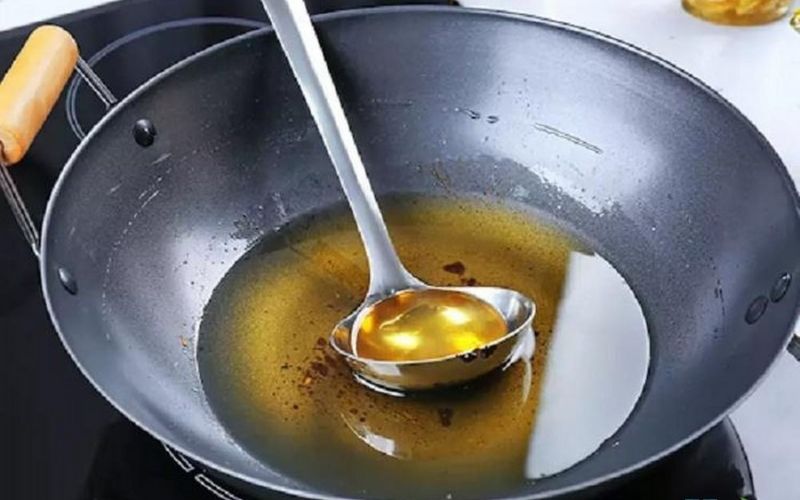
3. Dispose of used oil with soap
This method is simple: after cooking, pour the leftover oil into a basin and add detergent or liquid soap with warm water. Stir the mixture until the oil is dissolved. The amount of detergent or soap will depend on the amount of oil. Finally, you can pour the mixture down the drain and rinse the basin with dish soap.

4. Dispose of used oil with microbial products
Many people pour leftover oil directly into the drain after cooking, unaware that oil is difficult to degrade and has a high adhesion. Over time, this oil will stick to the pipes and cause blockages and unpleasant odors.
To address this issue, pour microbial products specifically designed for oil disposal directly into the drain. These products contain beneficial bacteria that can break down the oil and are safe for the environment.
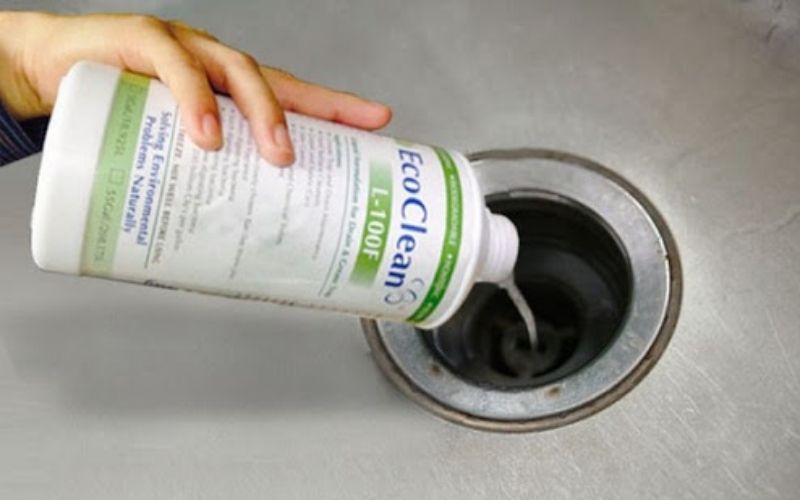
5. Build an oil storage tank for proper disposal
Building an oil storage tank and arranging for periodic oil collection is a common practice in restaurants, hotels, and households that use large quantities of oil daily.
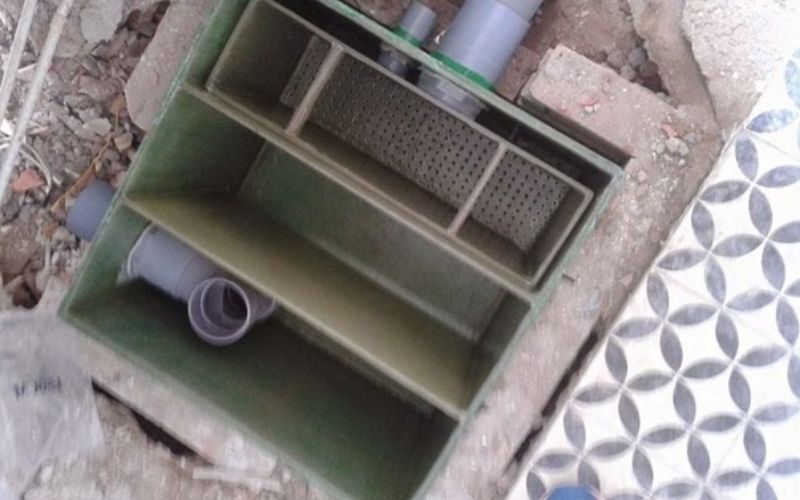
With these tips, we hope that you will have a better understanding of how to dispose of used oil properly, thereby reducing environmental pollution and potential health risks.
For further reference: 9 simple yet delicious and nutritious dishes
Tips for Disposing of Excess Cooking Oil
Have you ever been left with excess cooking oil after a meal and been unsure of how to dispose it properly? Well, it turns out pouring it down the drain or flushing it down the toilet is not the right way to go about it as this can cause blockages in the pipes as well as attract a range of unpleasant pests. To help you with this issue, here are some proper methods for disposing of your excess cooking oil.
How to Safely Dispose of Cooking Oil
Excess cooking oil can create issues such as pipe blockages and pest infestations if not disposed of properly. To avoid this, here are some reliable methods for the safe and effective disposal of extra oil.

























